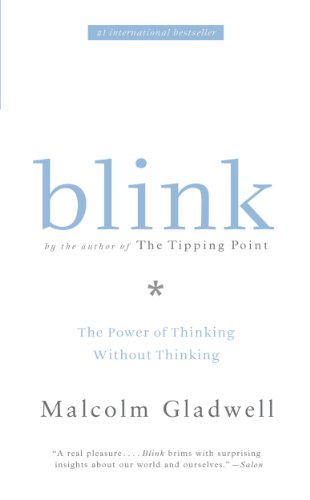

This article is an excerpt from the Shortform summary of "Blink" by Malcolm Gladwell. Shortform has the world's best summaries of books you should be reading.
Like this article? Sign up for a free trial here .
What is the function of the ventromedial prefrontal cortex (vmPFC)? What happens when the vmPFC brain region is damaged?
The ventromedial prefrontal cortex (vmPFC) is an area of the brain which has been extensively studied with regard to value computation. Observing patients with ventromedial prefrontal cortex damage has yielded some intriguing insights into the way the brain makes decisions.
Learn about vmPFC’s role in decision-making, and what happens when it’s damaged.
Ventromedial Prefrontal Cortex and Decision-Making
Some studies have found that people with ventromedial damage can’t make snap judgments. Their unconscious minds don’t prioritize information for them, so they give equal weight to minor and major details when making a decision. People with ventromedial damage can spend hours sifting through options before making a trivial decision, such as when to schedule their next appointment.
(Shortform note: Not all researchers working with ventromedial patients have found the same thing. In fact, it seems more common for people with ventromedial damage to make decisions as quickly as controls but to be wildly inconsistent in their preferences. For example, in their choice of preferred foods, they might rate doughnuts as tastier than carrot sticks and carrot sticks as tastier than watermelon, but then say that watermelon is tastier than doughnuts.)
People with ventromedial prefrontal cortex damage also have trouble turning decisions into actions. They’re highly rational thinkers and don’t involve their emotions when making decisions. This seems like a good thing, as we’re often told to leave our emotions out of the decision-making process. But we need an emotional push to get from decisions to actions. Without emotions, we may intellectually know that something is bad for us, but we’ll keep doing it anyway.
The Role of vmPFC in Emotional Decision-Making
How does the emotional push in decision-making work? It seems that emotion, which manifests as physiological changes such as sweating or increased heart rate, changes our decisions without us being aware of it. To show this, neuroscientist Antonio Damasio and his team worked with patients who had ventromedial damage. They developed a gambling task (the “Iowa gambling task”) involving four different simulated decks of cards. Participants chose a deck to draw from each time, gaining or losing money when they turned the cards over. Two of the decks were “good” decks; that is, they rewarded the player more often than they punished the player. The other two were “bad” decks—the player was more likely to lose money when turning over cards in these decks.
People without ventromedial damage learned pretty fast (after 40 to 50 trials) to stick to the good decks. Even more impressively, they started showing physiological stress responses before choosing from the bad decks after as few as 10 draws. The people with ventromedial damage, in contrast, never defaulted to the good decks. They were more attracted to the decks that offered big rewards, even if that meant they would lose in the long term.
Damasio talks about the implications of this research in his book Descartes’ Error, proposing that the ventromedial prefrontal cortex acts as a kind of junction where emotions, past behavior, and future behavior are processed together. This combined processing allows us to learn from our good or bad past decisions and behave differently in the future.
———End of Preview———

Like what you just read? Read the rest of the world's best summary of "Blink" at Shortform . Learn the book's critical concepts in 20 minutes or less .
Here's what you'll find in our full Blink summary :
- How you can tell if a marriage will fail, within 3 minutes
- Why your first impressions are usually surprisingly accurate
- The dark side to making first impressions, and how to avoid the,






